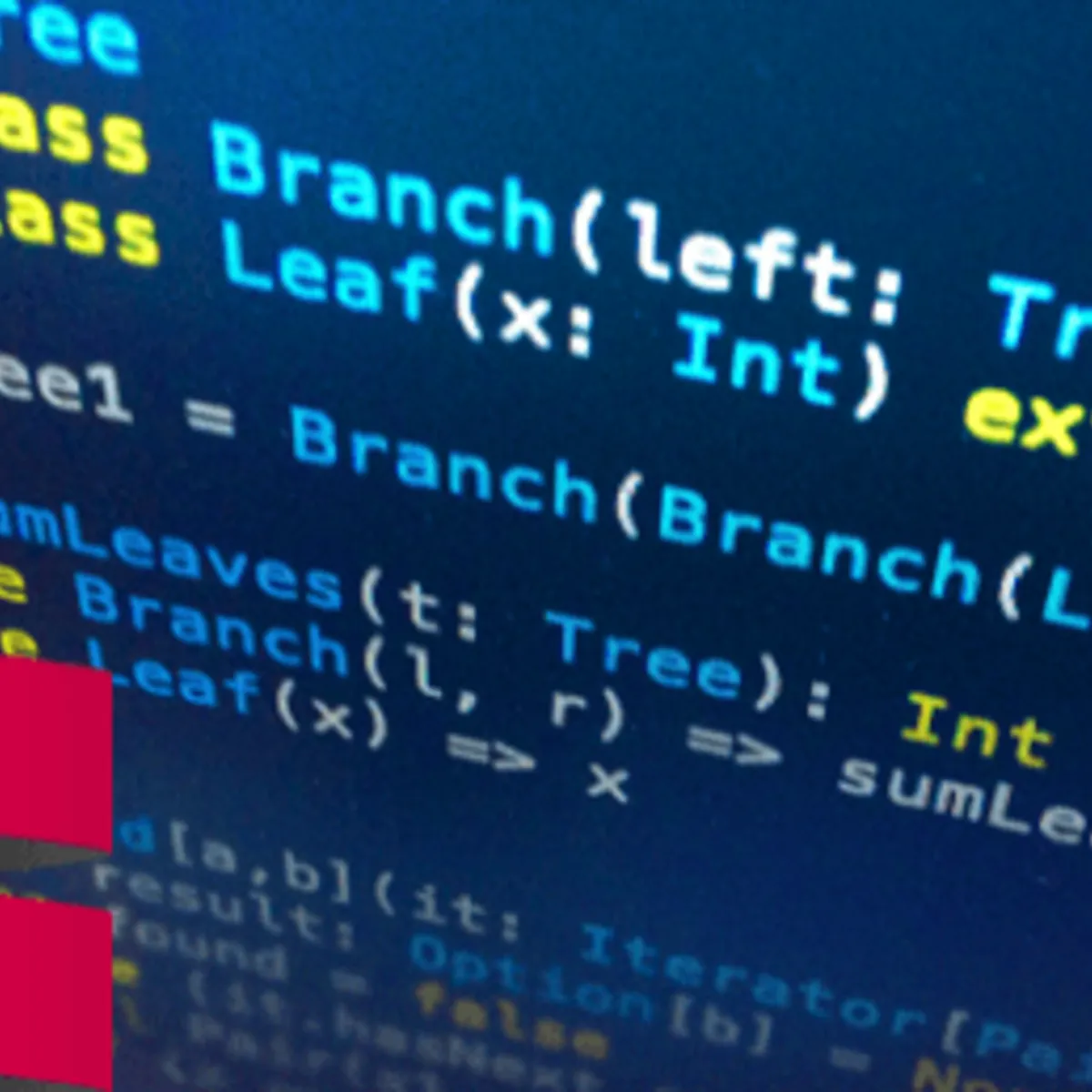
SQL you need as a Data Scientist 
This course provides an introduction to SQL for data scientists. It covers topics such as SELECT, JOIN, WHERE, Aggregations, CASE WHEN Statements, Common Table Expressions CTEs, Window Functions, and two applications: Time Series Forecasting and Fraud Prediction. It is designed to help data scientists gain the skills they need to work with SQL. ▼
ADVERTISEMENT
Course Feature
![]() Cost:
Cost:
Free
![]() Provider:
Provider:
Youtube
![]() Certificate:
Certificate:
Paid Certification
![]() Language:
Language:
English
![]() Start Date:
Start Date:
On-Demand
Course Overview
❗The content presented here is sourced directly from Youtube platform. For comprehensive course details, including enrollment information, simply click on the 'Go to class' link on our website.
Updated in [March 20th, 2023]
Introduction
SELECT
Process Dataset
JOIN
WHERE
Aggregations
CASE WHEN Statements
Common Table Expressions CTEs
Window Functions
Application 1: Time Series Forecasting
Application 2: Fraud Prediction
Conclusion & Announcement!
(Please note that we obtained the following content based on information that users may want to know, such as skills, applicable scenarios, future development, etc., combined with AI tools, and have been manually reviewed)
SQL is an essential tool for data scientists, as it allows them to access, manipulate, and analyze data stored in databases. This course provides an introduction to SQL and its various components, such as SELECT, JOIN, WHERE, Aggregations, CASE WHEN Statements, Common Table Expressions (CTEs), and Window Functions. Learners will gain an understanding of how to use SQL to process datasets, as well as how to apply it to two real-world applications: time series forecasting and fraud prediction. By the end of the course, learners will have a comprehensive understanding of SQL and its applications in data science.
[Applications]
After completing this course, students should be able to apply the SQL skills they have learned to data science projects. They should be able to use SELECT statements to query data, JOIN tables, use WHERE clauses to filter data, use Aggregations to summarize data, use CASE WHEN statements to create new columns, use Common Table Expressions (CTEs) to create temporary tables, and use Window Functions to perform calculations over a set of rows. Additionally, students should be able to apply these skills to two data science applications: Time Series Forecasting and Fraud Prediction.
[Career Paths]
1. Data Scientist: Data Scientists use SQL to analyze large datasets and uncover insights that can be used to inform business decisions. They use SQL to query, join, and aggregate data from multiple sources, and to create visualizations to present their findings. Data Scientists are in high demand as businesses increasingly rely on data-driven decision making.
2. Database Administrator: Database Administrators use SQL to manage and maintain databases. They use SQL to create, modify, and delete tables, as well as to query and manipulate data. Database Administrators must stay up to date on the latest trends in database technology and security.
3. Business Intelligence Analyst: Business Intelligence Analysts use SQL to analyze data and create reports and dashboards. They use SQL to query and join data from multiple sources, and to create visualizations to present their findings. Business Intelligence Analysts must be able to interpret data and draw meaningful conclusions.
4. Data Engineer: Data Engineers use SQL to design and build data pipelines. They use SQL to create and maintain databases, as well as to query and join data from multiple sources. Data Engineers must be able to design efficient data pipelines and optimize query performance.
[Education Paths]
1. Bachelor of Science in Data Science: This degree path focuses on the fundamentals of data science, including mathematics, statistics, computer science, and data analysis. It also covers topics such as machine learning, artificial intelligence, and data visualization. This degree is becoming increasingly popular as businesses and organizations recognize the value of data-driven decision making.
2. Master of Science in Business Analytics: This degree path focuses on the application of data science to business problems. It covers topics such as predictive analytics, data mining, and optimization. It also provides students with the skills to develop and implement data-driven strategies to improve business performance.
3. Master of Science in Artificial Intelligence: This degree path focuses on the development of artificial intelligence systems. It covers topics such as machine learning, natural language processing, and computer vision. It also provides students with the skills to develop and deploy AI-based solutions to solve complex problems.
4. Doctor of Philosophy in Data Science: This degree path focuses on the research and development of data science. It covers topics such as data mining, machine learning, and artificial intelligence. It also provides students with the skills to develop and deploy data-driven solutions to solve complex problems.
Course Provider

Provider Youtube's Stats at AZClass
Discussion and Reviews
0.0 (Based on 0 reviews)
Explore Similar Online Courses

Kubernetes CI&CD with GitLab & ArgoCD Mirantis Labs - Tech Talks

DINO: Emerging Properties in Self-Supervised Vision Transformers Paper Explained!

RDBMS PostgreSQL

Intro To PostgreSQL Databases With PgAdmin For Beginners

PostgreSQL: Client Applications

Mastering SQL using Postgresql

Database Design and Basic SQL in PostgreSQL

PostgreSQL: Advanced Queries

Spatial SQL with Postgres : A language for geographers

Learn SQL Using PostgreSQL: From Zero to Hero

PostgreSQL Essential Training


Start your review of SQL you need as a Data Scientist